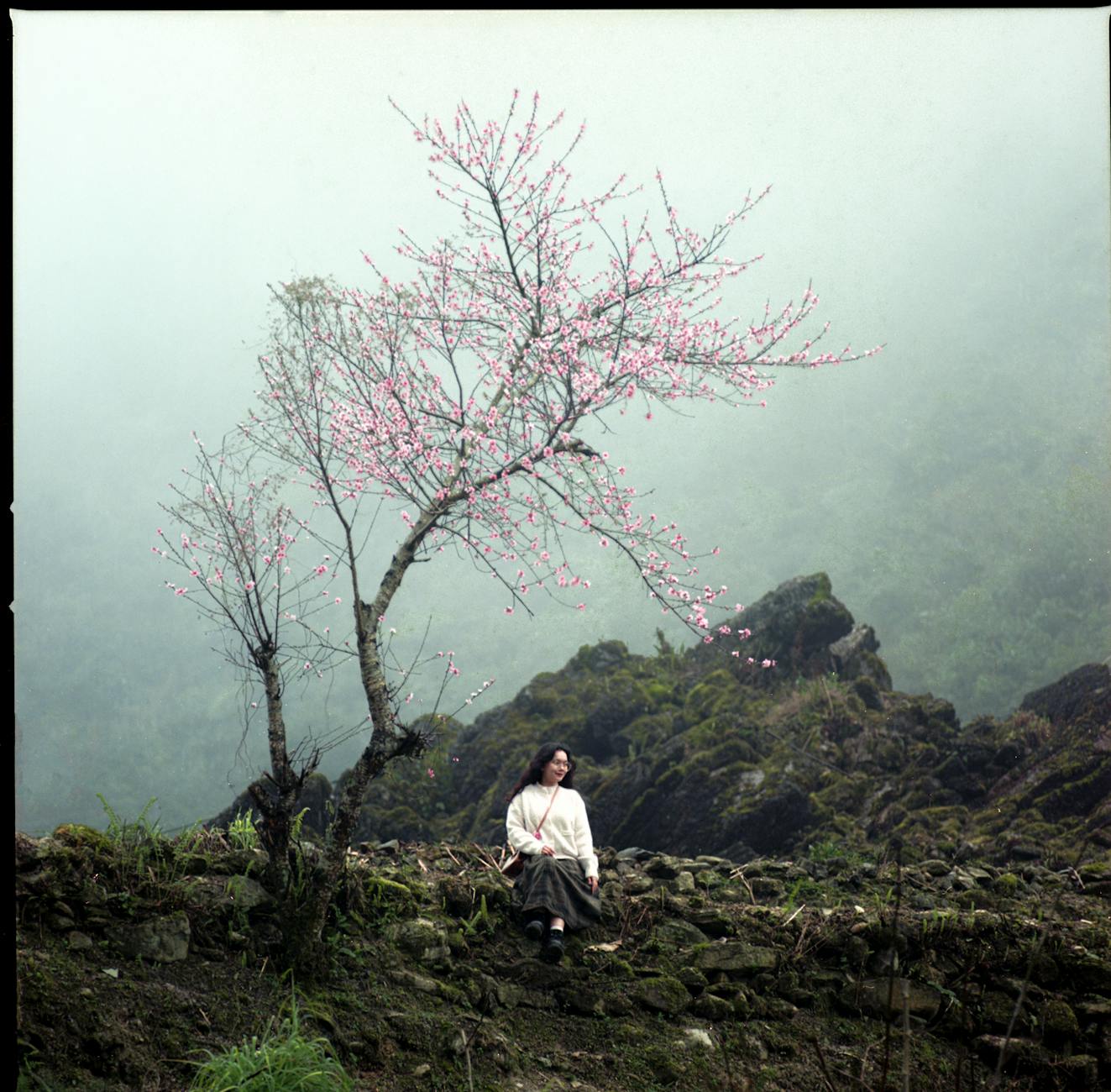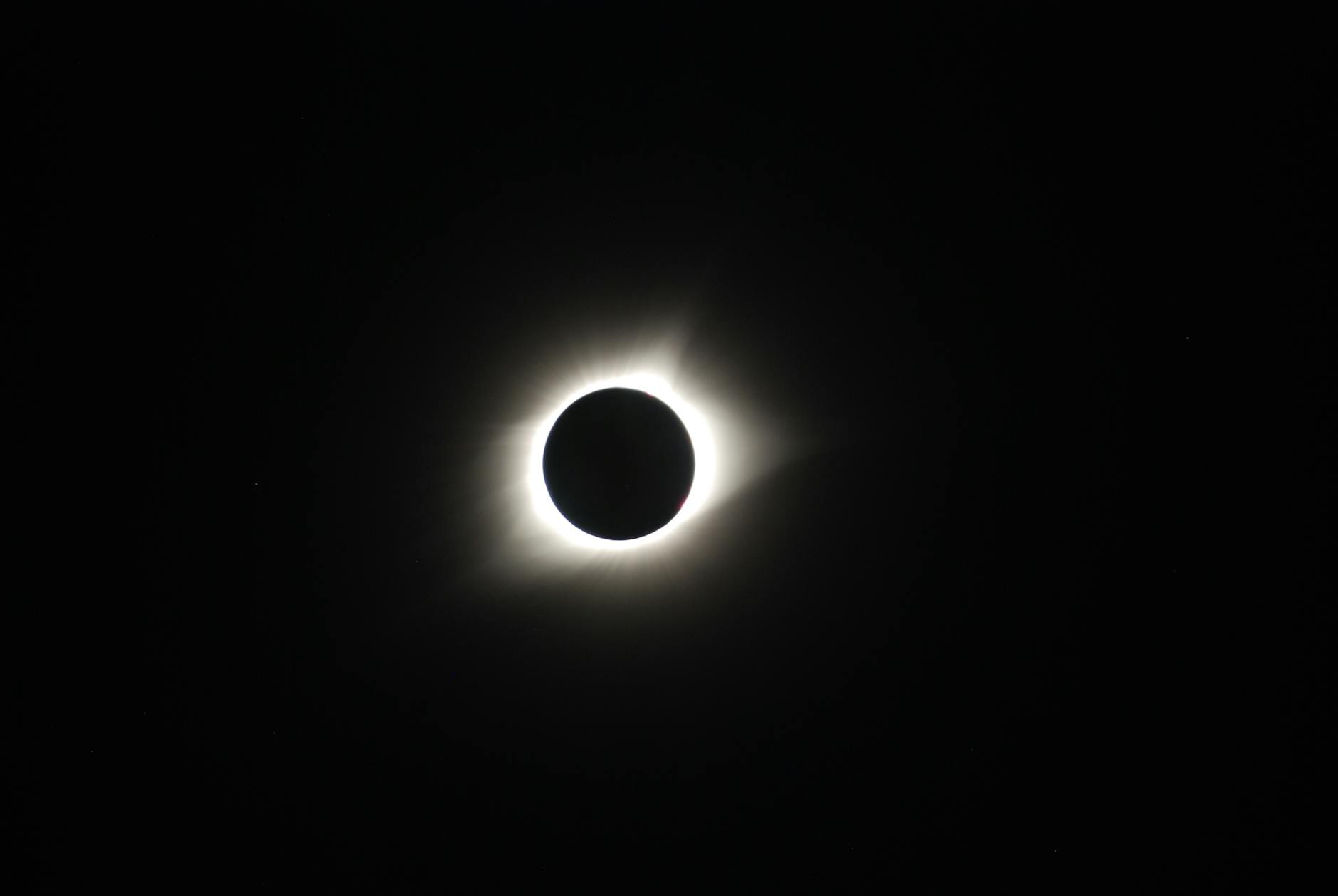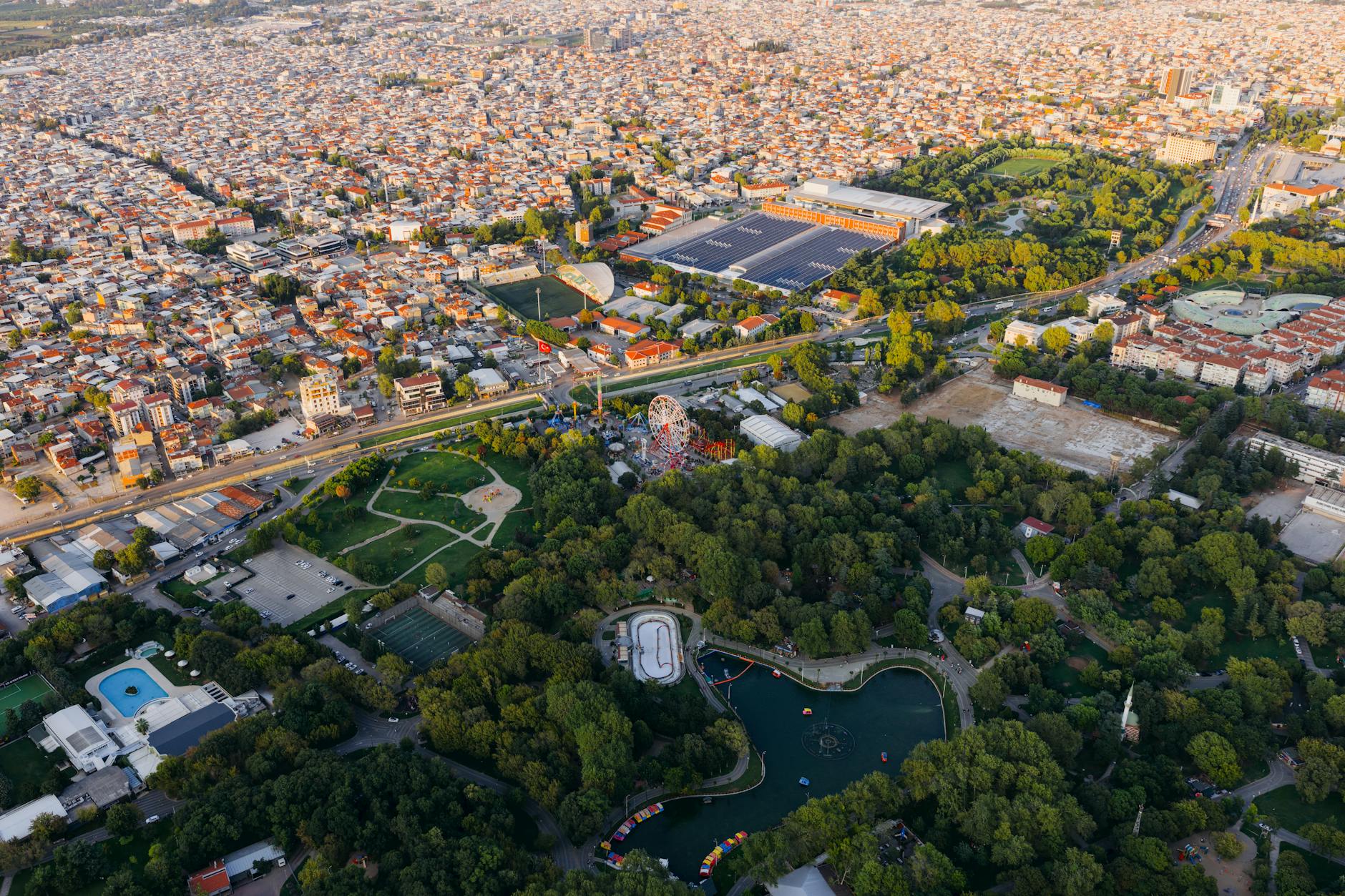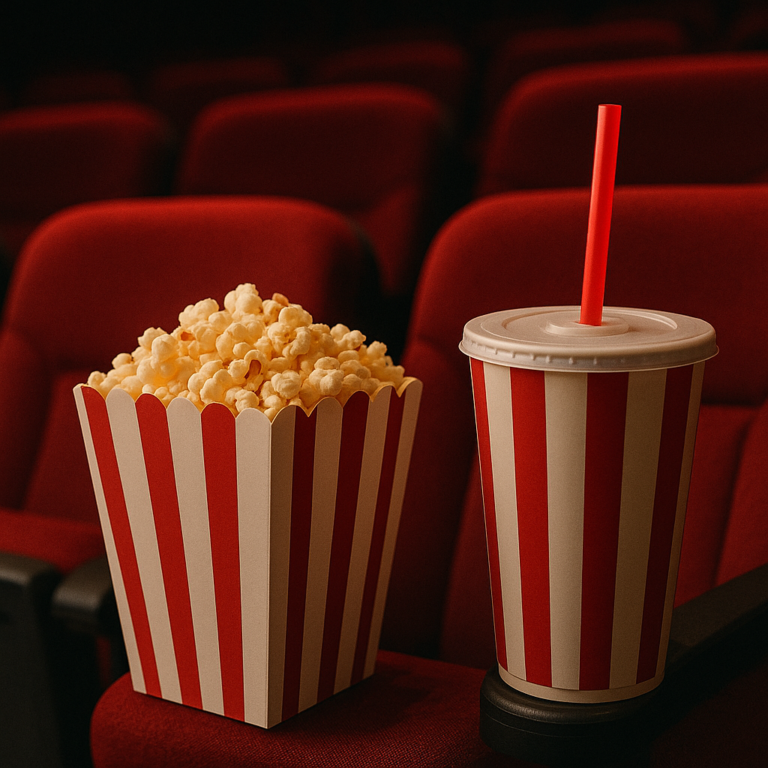The influence of Asian cinema on Hollywood filmmaking represents one of the most significant cross-cultural exchanges in entertainment history, reshaping everything from action choreography to narrative structure in Western films. What began as scattered borrowings in the 1970s has evolved into a sustained creative dialogue that continues to transform how American studios approach genre filmmaking, visual storytelling, and thematic depth. The movement of ideas, techniques, and talent between Eastern and Western film industries has produced some of the most memorable moments in modern cinema while sparking ongoing debates about adaptation, originality, and cultural exchange. This cultural exchange matters because it challenges the notion that Hollywood operates in creative isolation.
American cinema has long served as the dominant global force in entertainment, yet its evolution has been profoundly shaped by filmmakers working thousands of miles away in Hong Kong, Tokyo, Seoul, and Mumbai. Understanding this relationship provides crucial context for contemporary film analysis and reveals how globalization has fundamentally altered the creative landscape of blockbuster filmmaking. The influence extends beyond mere aesthetic borrowing to encompass storytelling philosophies, production techniques, and even studio business models. By the end of this article, readers will understand the specific mechanisms through which Asian filmmaking traditions have penetrated Hollywood productions, from the obvious action sequences to subtler influences on pacing, character development, and visual composition. The discussion covers landmark films that served as bridges between industries, the directors and choreographers who physically carried techniques across the Pacific, the controversial practice of Hollywood remakes, and emerging trends that suggest this creative exchange will only deepen in coming decades.
Table of Contents
- How Has Asian Cinema Influenced Hollywood Filmmaking Throughout History?
- Martial Arts and Action Choreography: Hollywood’s Greatest Asian Import
- The Hollywood Remake Phenomenon and Asian Source Material
- Directors Who Bridged Asian and Hollywood Filmmaking Traditions
- Narrative Structure and Storytelling Approaches from Asian Cinema
- The Future of Cross-Cultural Cinematic Exchange
- How to Prepare
- How to Apply This
- Expert Tips
- Conclusion
- Frequently Asked Questions
How Has Asian Cinema Influenced Hollywood Filmmaking Throughout History?
The historical timeline of Asian cinema‘s influence on Hollywood stretches back further than many casual viewers realize, with Japanese cinema making the earliest significant impact. Akira Kurosawa’s samurai films of the 1950s and 1960s provided direct templates for Western productions, most famously when “Seven Samurai” (1954) became “The Magnificent Seven” (1960) and “Yojimbo” (1961) inspired Sergio Leone’s “A Fistful of Dollars” (1964). These adaptations established a precedent that continues today: Eastern storytelling frameworks could be successfully transplanted into Western settings while retaining their core dramatic power.
The 1970s brought martial arts cinema into American consciousness through Bruce Lee’s international productions and the theatrical distribution of Hong Kong kung fu films. While initially relegated to exploitation markets, these films cultivated devoted audiences and influenced a generation of American filmmakers who would later achieve mainstream success. The visual vocabulary of martial arts cinema””the extended fight sequences, the emphasis on physical performance, the rhythmic editing patterns””entered the collective memory of American cinema even when direct influence wasn’t immediately apparent.
- The Japanese New Wave directors (Kurosawa, Ozu, Mizoguchi) influenced American auteurs like George Lucas, Francis Ford Coppola, and Martin Scorsese
- Hong Kong action cinema of the 1980s and 1990s introduced wire work, gun-fu, and complex choreography that would later define Hollywood action
- Korean cinema’s emergence in the 2000s brought psychological complexity and genre-blending approaches that challenged Hollywood conventions
- Japanese horror (J-horror) triggered a wave of American remakes in the early 2000s that reshaped the supernatural horror genre
- Anime and manga adaptations have become an increasingly significant source material for Hollywood productions

Martial Arts and Action Choreography: Hollywood’s Greatest Asian Import
The transformation of Hollywood action cinema through Asian martial arts choreography represents perhaps the most visible manifestation of this cross-cultural influence. Before the late 1990s, american action sequences typically relied on quick cuts, stunt doubles, and the illusion of impact rather than genuine physical performance. Hong Kong cinema operated under entirely different assumptions: fight sequences were extended showcases of athletic ability, carefully choreographed to display continuous action that audiences could follow and appreciate.
The Matrix (1999) serves as the watershed moment when these traditions merged in a mainstream Hollywood production. Directors Lana and Lilly Wachowski hired legendary Hong Kong choreographer Yuen Woo-ping, whose work with Jackie Chan and Jet Li had defined modern martial arts filmmaking, to train their actors and design the film’s fight sequences. The result fundamentally altered audience expectations for action cinema. Keanu Reeves, Carrie-Anne Moss, and Laurence Fishburne trained for months to perform their own fight choreography, a commitment level previously associated only with martial arts specialists.
- Wire work and wire-fu techniques became standard tools in Hollywood action production after The Matrix demonstrated their mainstream appeal
- Hong Kong directors including John Woo, Tsui Hark, and Ringo Lam brought their distinctive styles directly to Hollywood productions
- The “oner” fight sequence””extended shots without visible editing””gained prestige and became a benchmark of quality action filmmaking
- Gun-fu, John Woo’s balletic approach to gunplay combining firearms with martial arts movement, influenced films from “Face/Off” to the “John Wick” franchise
- Practical stunt work regained industry respect as audiences recognized the difference between genuine physical performance and CGI-enhanced action
The Hollywood Remake Phenomenon and Asian Source Material
Hollywood’s practice of remaking Asian films has generated both commercial success and significant controversy over the past three decades. The phenomenon accelerated dramatically in the early 2000s when studios recognized that successful Asian films, already proven with audiences, could be adapted for viewers uncomfortable with subtitles or unfamiliar cultural contexts. This strategy proved particularly effective with horror films, where visual storytelling could transcend language barriers while cultural specificity created obstacles for American theatrical distribution. The J-horror remake wave illustrates both the potential and limitations of this approach.
“The Ring” (2002), adapted from Hideo Nakata’s “Ringu” (1998), earned $249 million worldwide and spawned a franchise. “The Grudge” (2004), based on Takashi Shimizu’s “Ju-On” series, similarly succeeded commercially. These films introduced American audiences to atmospheric horror techniques emphasizing dread over gore, with pale-faced spirits, non-linear narratives, and psychological unease replacing the slasher conventions that had dominated American horror. Yet many remakes failed to capture what made their source material distinctive, leading critics to question whether cultural translation was possible without cultural reduction.
- Korean thrillers have proven particularly attractive to Hollywood, with “Oldboy,” “A Tale of Two Sisters,” and “The Handmaiden” all receiving or inspiring American adaptations
- The financial logic of remakes relies on pre-existing intellectual property with proven audience appeal, reducing perceived risk for studio investment
- Critics argue that remakes often strip away cultural specificity that gave original films their power, resulting in generic products
- Some remakes have introduced original filmmakers to wider audiences, creating retroactive interest in source material
- The practice raises questions about cultural ownership, creative attribution, and the economics of global entertainment

Directors Who Bridged Asian and Hollywood Filmmaking Traditions
Individual filmmakers have served as crucial conduits for techniques and sensibilities moving between Asian and Hollywood cinema. These directors brought not merely their personal styles but entire production philosophies developed in different industrial contexts. Their Hollywood work often retained distinctive characteristics while adapting to American studio requirements, creating hybrid forms that expanded the vocabulary of mainstream American filmmaking.
John Woo’s transition from Hong Kong to Hollywood in the 1990s exemplifies both the possibilities and challenges of such crossings. His Hong Kong films”””A Better Tomorrow,” “The Killer,” “Hard Boiled”””had already influenced American directors, but his Hollywood productions allowed direct implementation of his techniques within studio productions. “Face/Off” (1997) demonstrated that American audiences would embrace operatic action sequences, slow-motion gunplay, and emotional intensity previously considered too stylized for mainstream acceptance. Yet Woo also faced studio interference that sometimes diluted his distinctive vision, illustrating the tensions between auteur sensibilities and industrial constraints.
- Ang Lee successfully navigated both systems, bringing Taiwanese art-house sensibilities to productions ranging from “Crouching Tiger, Hidden Dragon” to “Brokeback Mountain”
- Park Chan-wook’s Hollywood work maintained his visual intensity while adapting to different production contexts
- Bong Joon-ho’s “Parasite” became the first non-English language film to win Best Picture at the Academy Awards, fundamentally shifting perceptions of foreign-language cinema in American markets
- James Wan, born in Malaysia, became one of Hollywood’s most commercially successful directors through horror and action franchises
- The Wachowskis, while American, studied Asian filmmaking intensively and brought those influences directly into their productions
Narrative Structure and Storytelling Approaches from Asian Cinema
Beyond visual techniques, Asian cinema has influenced Hollywood’s approach to narrative structure, character development, and tonal complexity. East Asian storytelling traditions often embrace ambiguity, non-linear chronology, and emotional restraint in ways that contrast with classical Hollywood narrative conventions emphasizing clarity, causality, and emotional accessibility. As American audiences developed greater familiarity with international cinema, filmmakers gained license to incorporate these alternative approaches.
Korean cinema’s influence on narrative complexity deserves particular attention. Films like “Oldboy” (2003), “Memories of Murder” (2003), and “Mother” (2009) demonstrated that popular genre films could sustain moral ambiguity, withhold crucial information, and deny audiences the cathartic resolutions that Hollywood narratives typically provide. American productions have increasingly adopted these techniques, particularly in prestige television where extended runtimes allow for complexity previously reserved for art-house cinema. The influence appears in everything from plot structure to the willingness to present deeply flawed protagonists without redemption arcs.
- Japanese narrative traditions emphasizing “mono no aware” (the pathos of things) have influenced American films exploring melancholy and transience
- The Korean “Han” concept””a complex emotional state involving sorrow, resentment, and perseverance””appears in American productions exploring generational trauma
- Non-linear storytelling techniques popularized by Asian filmmakers have become more common in American productions
- Genre-blending approaches that freely combine horror, comedy, and drama within single films have gained mainstream acceptance
- Ensemble narratives without clear protagonists, common in Asian cinema, appear more frequently in American productions

The Future of Cross-Cultural Cinematic Exchange
The relationship between Asian and Hollywood cinema continues evolving as streaming platforms, changing demographics, and global market pressures reshape the entertainment industry. Netflix, Amazon, and other streaming services have dramatically increased American audiences’ exposure to international content, normalizing subtitled viewing and creating demand for authentic international productions rather than Hollywood adaptations. This shift potentially changes the dynamics of influence, as original Asian content reaches global audiences directly without Hollywood mediation.
Demographic changes within the United States also affect this relationship. Asian American audiences represent an increasingly significant market segment, and Asian American filmmakers are achieving mainstream success with productions that draw on their cultural backgrounds while speaking to universal experiences. Films like “Crazy Rich Asians” (2018), “Minari” (2020), and “Everything Everywhere All at Once” (2022) suggest that the future involves not merely Asian influence on Hollywood but the emergence of genuinely hybrid cinematic forms that transcend simple categories of Eastern and Western filmmaking.
How to Prepare
- **Watch foundational Asian films that directly influenced Hollywood productions.** Begin with Kurosawa’s “Seven Samurai” and “Yojimbo,” then progress to Hong Kong action cinema including John Woo’s “The Killer” and “Hard Boiled,” Jackie Chan’s “Police Story” series, and the early work of choreographer Yuen Woo-ping. These films establish the techniques and sensibilities that would later transform American action cinema.
- **Study the Hollywood adaptations and influenced works alongside their sources.** Compare “The Magnificent Seven” with “Seven Samurai,” “The Ring” with “Ringu,” and “The Departed” with “Infernal Affairs.” Note what elements transfer successfully, what gets lost in translation, and how adaptation changes narrative and cultural meaning.
- **Explore Korean cinema’s distinct contributions to contemporary filmmaking.** Watch films by Bong Joon-ho (“Memories of Murder,” “The Host,” “Parasite”), Park Chan-wook (“Oldboy,” “Sympathy for Mr. Vengeance”), and Kim Jee-woon (“A Tale of Two Sisters,” “I Saw the Devil”). These directors have shaped Hollywood’s approach to genre-blending and moral complexity.
- **Research the biographical and professional backgrounds of directors who bridged both industries.** Understanding John Woo’s Hong Kong career illuminates his Hollywood work; knowing Ang Lee’s Taiwanese art-house origins contextualizes his range from “Crouching Tiger, Hidden Dragon” to “Hulk.”
- **Follow contemporary developments in both industries to track ongoing influences.** Pay attention to which Asian films receive Hollywood remake announcements, which Asian directors receive Hollywood opportunities, and how streaming platforms are changing distribution and accessibility of international content.
How to Apply This
- **When watching contemporary Hollywood action films, identify specific techniques borrowed from Asian cinema.** Look for wire work, extended fight choreography shot in longer takes, rhythmic editing patterns, and stylized gunplay. Understanding the origins of these techniques enriches appreciation of how they function within individual films.
- **Use knowledge of Asian cinema influences to predict Hollywood trends.** Studios consistently mine successful Asian films for remake potential; familiarity with contemporary Asian cinema provides advance insight into what American productions might emerge. Recent Korean box office successes frequently appear as Hollywood projects within three to five years.
- **Apply cross-cultural awareness when evaluating Hollywood remakes.** Rather than dismissing remakes as inherently inferior, assess what specific elements of cultural translation succeed or fail. Consider how different cultural contexts create different meanings for similar narrative elements.
- **Engage with film criticism and scholarship exploring these cross-cultural dynamics.** Academic journals, film criticism websites, and documentary features provide deeper analysis of specific influences and their implications. David Bordwell’s work on Hong Kong cinema and Tony Rayns’ writing on Korean film offer particularly valuable perspectives.
Expert Tips
- **Start with action cinema if Asian film feels unfamiliar.** The genre translates most immediately across cultural boundaries, and its influence on Hollywood is most visible and well-documented. Once comfortable with action conventions, branch into horror, drama, and art-house traditions.
- **Pay attention to pacing and editing rhythm, not just spectacular moments.** Asian cinema often employs different temporal structures than Hollywood films, allowing scenes to breathe or building tension through sustained shots rather than rapid cutting. These subtler influences often go unnoticed but significantly shape viewing experience.
- **Recognize that influence flows in both directions.** While this article focuses on Asian influence on Hollywood, American cinema has profoundly shaped filmmakers throughout Asia. Contemporary Asian cinema exists in dialogue with Hollywood, not merely as an alternative tradition.
- **Don’t assume that original versions are always superior to remakes.** While many remakes fail to capture their source material’s power, some adaptations offer legitimate reinterpretations that work within their new cultural contexts. Evaluate each work on its own terms.
- **Consider the economic and industrial factors shaping cross-cultural exchange.** Creative influence doesn’t occur in isolation from business considerations. Understanding why studios pursue certain adaptations or hire certain directors illuminates patterns that might otherwise seem arbitrary.
Conclusion
The influence of Asian cinema on Hollywood filmmaking has fundamentally transformed American popular entertainment over the past several decades, reshaping action choreography, horror conventions, narrative structure, and visual style. This exchange demonstrates that creative innovation often emerges from cross-cultural dialogue rather than isolated genius, and that audiences benefit when filmmakers draw from the widest possible range of influences. The directors, choreographers, and films discussed here represent only the most visible manifestations of an ongoing process that continues to evolve as globalization, streaming technology, and changing demographics create new possibilities for cultural exchange.
Understanding this history provides valuable context for contemporary film viewing while challenging assumptions about where creative ideas originate and how they spread. As Asian cinema achieves unprecedented global visibility through streaming platforms and awards recognition, the relationship between Eastern and Western filmmaking traditions will likely deepen and complicate in ways that resist simple categorization. Viewers who develop familiarity with both traditions position themselves to appreciate the full richness of contemporary cinema and to recognize the collaborative, cumulative nature of artistic innovation.
Frequently Asked Questions
How long does it typically take to see results?
Results vary depending on individual circumstances, but most people begin to see meaningful progress within 4-8 weeks of consistent effort.
Is this approach suitable for beginners?
Yes, this approach works well for beginners when implemented gradually. Starting with the fundamentals leads to better long-term results.
What are the most common mistakes to avoid?
The most common mistakes include rushing the process, skipping foundational steps, and failing to track progress.
How can I measure my progress effectively?
Set specific, measurable goals at the outset and track relevant metrics regularly. Keep a journal to document your journey.


